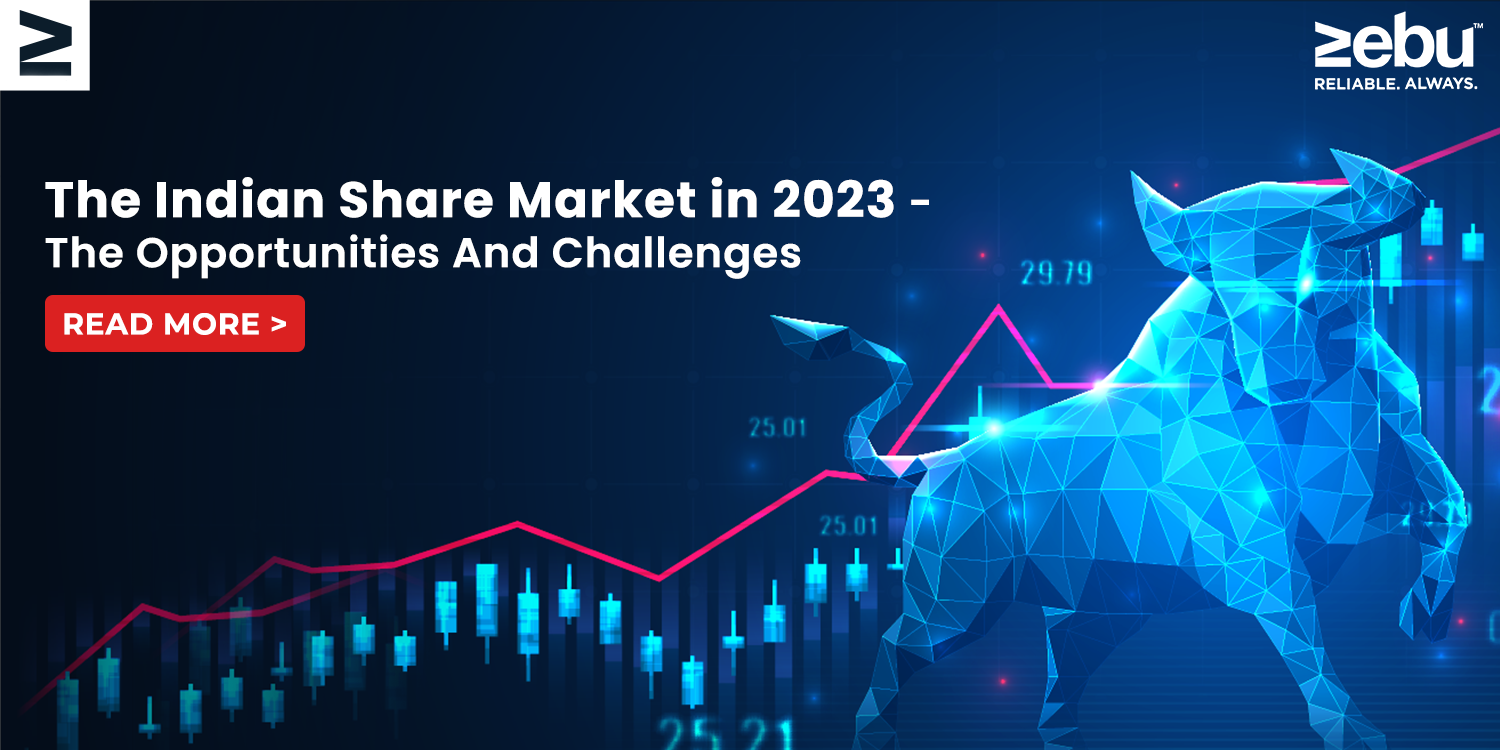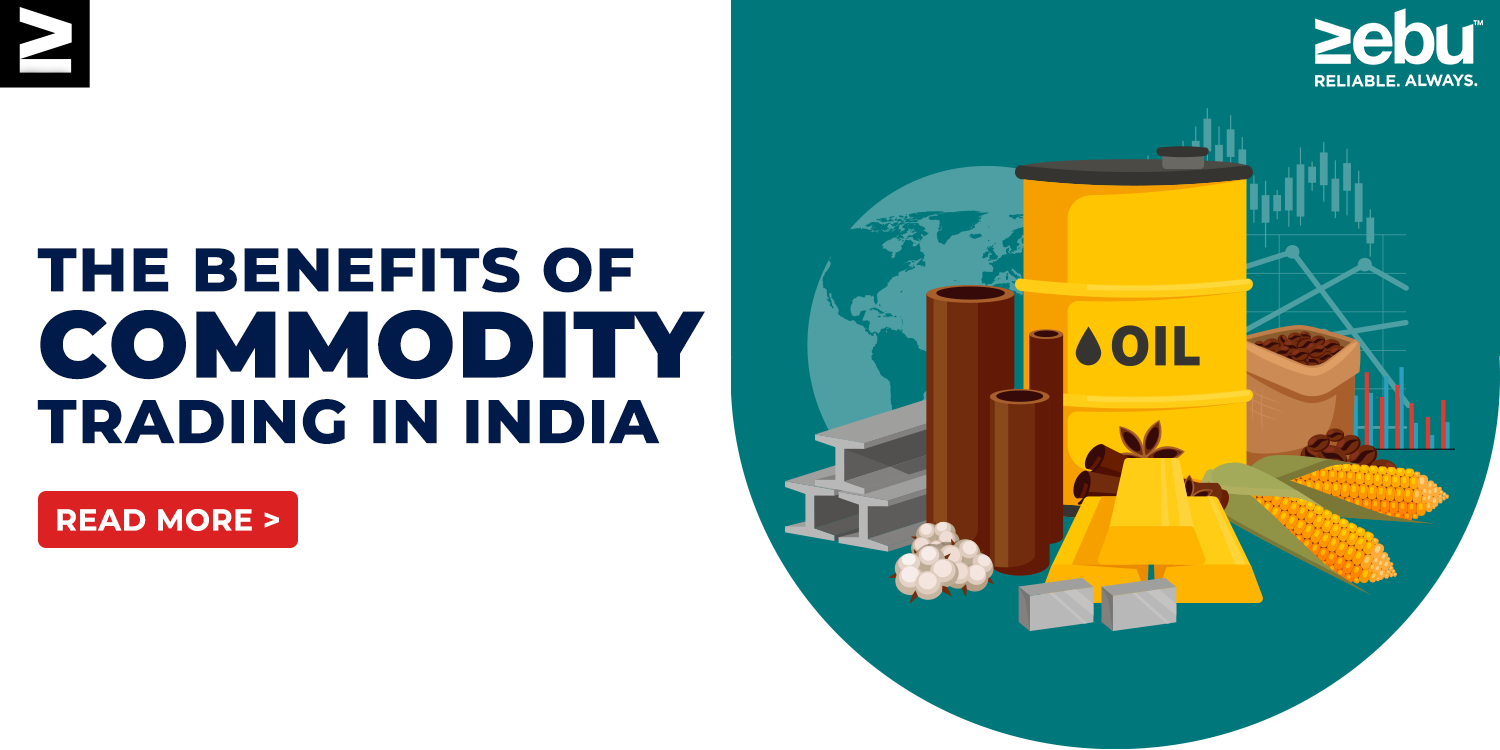
Recent years have seen strong performance from the Indian stock market, and 2023 is forecast to be no different. However, investors need also to be aware of a number of hurdles and risks as they plan to invest the next year.
The world economy’s current condition is one consideration. The recent release of vaccinations against the COVID-19 pandemic has not prevented the pandemic from having a serious impact on the global economy, and this is unlikely to change in the near future. As a result of investors’ responses to these shifting economic situations, market volatility may rise.
In addition, there is the problem of monetary and fiscal policy uncertainty. The Reserve Bank of India (RBI) has changed interest rates and introduced new measures to encourage credit growth to help the country’s economy weather the epidemic. The stock market might be affected by any adjustments in monetary policy that the RBI makes in the next year, although it is currently unclear what that position will be. The market may also react to the government’s fiscal policy, which includes budget choices and expenditures.
Despite these difficulties, the Indian stock market in 2023 offers a lot of promising openings. It will be interesting to see how the technology industry, which has been a growth engine in recent years, fares in the next year. Numerous expansion prospects for tech firms have arisen thanks to rising demand for digital products and services, and this pattern is anticipated to persist until 2023.
The government’s emphasis on infrastructure development is something to keep an eye on since it might lead to growth in the infrastructure industry. The National Infrastructure Pipeline is only one of the government’s plans to increase infrastructure expenditure and fuel industry expansion.
Healthcare, consumer goods, and financial services are a few more areas that are anticipated to do well in 2023. To improve returns, investors may choose to spread their money around and invest in a variety of industries.
In 2023, investors in the Indian stock market may expect to face both possibilities and problems. Before making any financial commitments, investors should think long and hard about their investment strategy and, if necessary, consult a financial counsellor or other qualified experts. Remember that your financial condition and investing goals should always come first when making any investment decisions and that no investment is risk-free.
